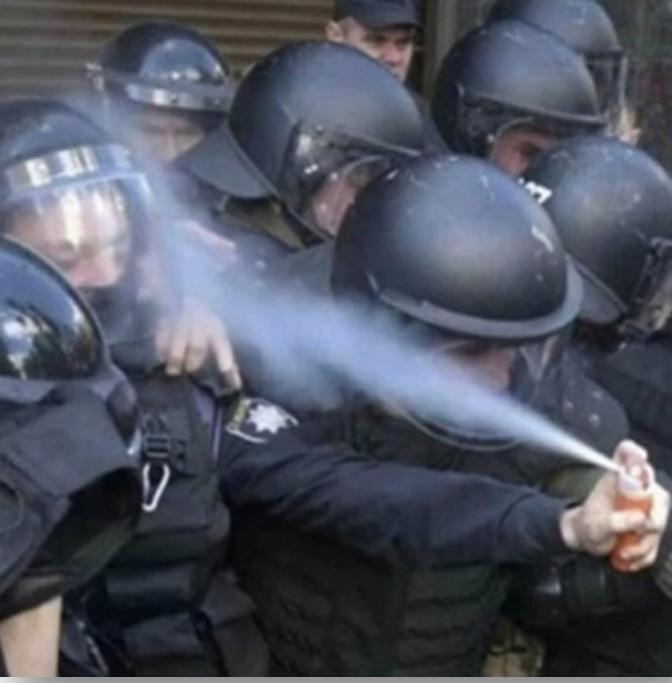
2 minute read
Se7en Characteristics For Saving Lives (continued)
someone how to do something, watching them do it and calling it a day.
Training is the incredibly important skill of changing someone’s capabilities, improving their confidence and their survivability. If conducted properly and given the right conditions, outcomes are positive.
Occasionally an individual or group won’t measure up. When you have trained, retrained and retrained again and the individual or group still doesn’t measure up, it’s time to seek intervention either from your senior officer or colleague.
Perhaps you are the problem. Maybe your demeanor is the problem. Whatever is causing the derailment, find it, report it and remember, honesty saves lives.
Practice What You Suck At
It’s human nature to seek comfort. We all do it; sometimes unconsciously. I don’t want to get too “Maslow” here, but even firefighters like to feel comfortable.
Just look at their pickup trucks! So, given this truism, we often train on things we already know and/or are comfortable. Ladders, hose, PBA. Ladders, hose, PBA. You get the picture.
Start researching and developing training modules that focus on topics that either you know or suspect you and your group stink at.
It may be as easy as going through recent run reports and gathering information from the AARs that indicate activities that went poorly.
Structural companies are sometimes challenged by the errant aircraft that falls in their jurisdiction. Or perhaps a municipal company gets mutual aided to a rural area for wildfire ops. Don’t know or follow LCES? Get outside your comfort zone!

Train How You Work and Work How You Train
Is your training (as rumored by your colleagues) uninspiring? Are you simply reading the training bulletin, filling out the report and calling it a day?
If that’s the case, sit everyone down, put on an episode of Emergency!, complete the report and send it in.
But, if you are truly interested in protecting yourself and those who you are responsible for, get off your butt, clear the cobwebs out of your head, research the subject BEYOND what the Training Bureau sent and inspire your folks to train how they work and work how they train.
A wife and child or a firefighter under your command may thank you someday for being instrumental in the survival of their loved one.
You’re Always in the Spotlight — Act It
Whether you are the training officer or a CO acting in the capacity of a training officer you are now in the spotlight. In other words, if you are the one who leaves dirty dishes in the sink or reports for duty with last week’s unwashed and wrinkled uniform, here are four words: Clean up your act. If you want to capture and hold the attention and interest of your group you must act the part. On duty or off, you will be watched and evaluated
Be Courageous
This is one of the most dif-




















